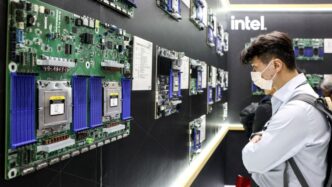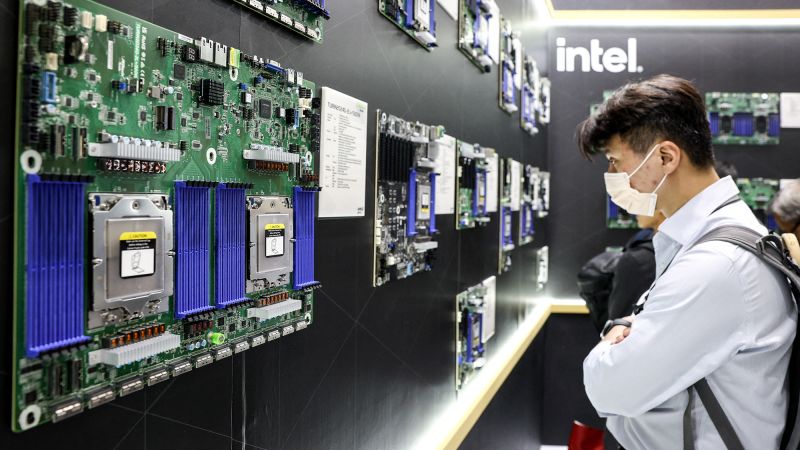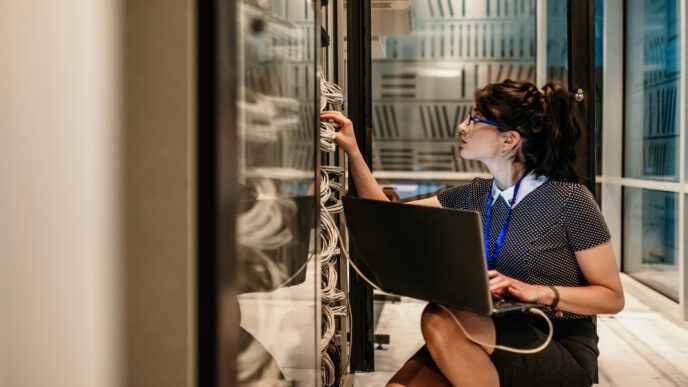TSMC is investing $100 billion in US chip production, marking the largest single foreign investment in US history. The Taiwan-based giant will build two advanced packaging plants in Arizona, boosting America’s AI chip supply chain.
The move targets the booming market for advanced packaging tech, crucial for AI performance. Packaging means sealing chips and mounting them on boards, but “advanced packaging” lets GPUs, CPUs, and memory sit closer. This speeds up data flow and cuts energy use.
Nvidia CEO Jensen Huang called advanced packaging “very high” importance for AI at Taipei’s Computex last month. His company, along with AMD, rely on TSMC’s CoWoS (Chips-on-Wafer-on-Substrate) tech, which puts multiple chips together inside one package to handle AI’s heavy loads.
“The technology of packaging is very important to the future of computing,” Huang said.
“We now need to have very complicated advanced packaging to put many chips together into one giant chip.”
Demand for CoWoS is exploding. TSMC wants to ramp up capacity fast to keep up. Having US production means less supply chain risk, since Taiwan is the current exclusive source.
Dan Nystedt, VP at investment firm TrioOrient, added:
“You’re trying to put the chips as close together as possible, and you’re also putting in different solutions to make the connection between the chips very easy.”
Bringing advanced fabrication and packaging together in Arizona creates a US “one-stop shop.” Analyst Eric Chen from Digitimes Research said this will reinforce America’s AI edge and help TSMC clients like Apple, Nvidia, AMD, Qualcomm, and Broadcom.
CoWoS was developed over a decade ago by TSMC’s Chiang Shang-yi but saw little adoption because of high costs — until AI chips made it essential.
“I only had one customer … I really became a joke (in the company), and there was so much pressure on me,” Chiang recalled.
“The result was beyond our original expectation.”
The $100 billion gamble stakes the US deeper into the semiconductor fight with China, while making sure America can supply its AI processors without hiccups.














